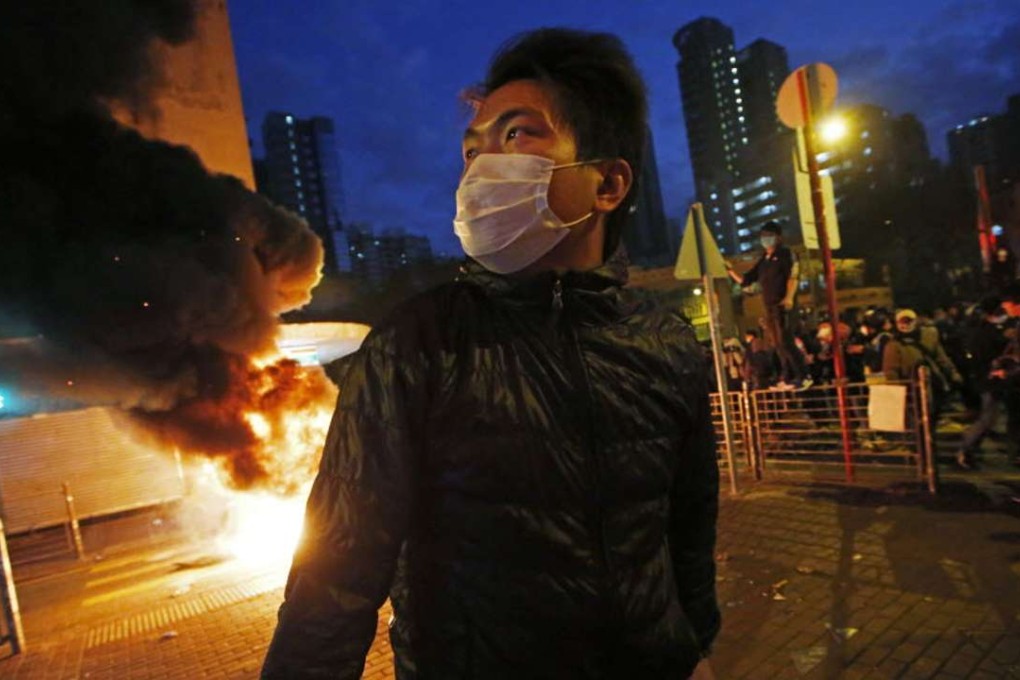As I see it | Is the ‘third road’ a political dead end for Hong Kong?
Hongkongers are questioning whether there is room for moderate voices in local politics during an age of police clashes and street riots


The short answer, I told my audiences, is “not at the moment.” These days, compromise and pragmatism are such dirty words that the mere utterance of them would draw not only suspicious glares but also vicious trolling on social media. The idea that freedom-loving citizens should sit down and talk to their pro-Beijing government conjures up not images of savvy dealmakers perfecting the “art of the possible” (to quote Otto von Bismarck), but the ugly memory of greasy pan-democratic old-timers exchanging a Faustian handshake with the Liaison Office over the 2010 electoral reform package. During last month’s by-election to fill Ronny Tong’s vacated Legislative Council seat, ex-Democratic Party member Nelson Wong ran on a “middle way” platform and promised to bury the hatchet and build bridges. Wong’s campaign faltered, in part because of his bumbling public persona and in part because his moderate rhetoric failed to register a pulse in the electorate.
The middle ground
Then there is the godfather of political moderation: Ronny Tong. Disgusted with toxic partisanship that culminated in the defeat of the 2015 electoral reform bill, Tong resigned from both Legco and the Civic Party shortly thereafter to forge what he called the “third road” – a more reconciliatory stance toward Beijing as an alternative to the adversarial pan-dems. The self-proclaimed centrist founded a think tank called the Path of Democracy and recruited a handful of respected scholars. So far, the pathfinders have not gained much traction in the public narrative. It is death by anonymity: no one is talking about them.
Angry youth
Neither Wong nor Tong ought to be surprised. Reconciliation is not in vogue, at least for the time being. There is so much anger in the air, and with that comes radicalization. After Occupy ended without achieving any of the political gains it had set out to achieve, radical splinter groups seized on the post-movement emotional void and drafted many former protesters into their army of fun ching, the Cantonese phrase for “angry youth.” Their combative, take-no-prisoner gospel appealed to the disillusioned Umbrella Kids much more so than any humdrum sermon on dialogue and deal-making. It is political marketing 101 – just ask Donald Trump.

